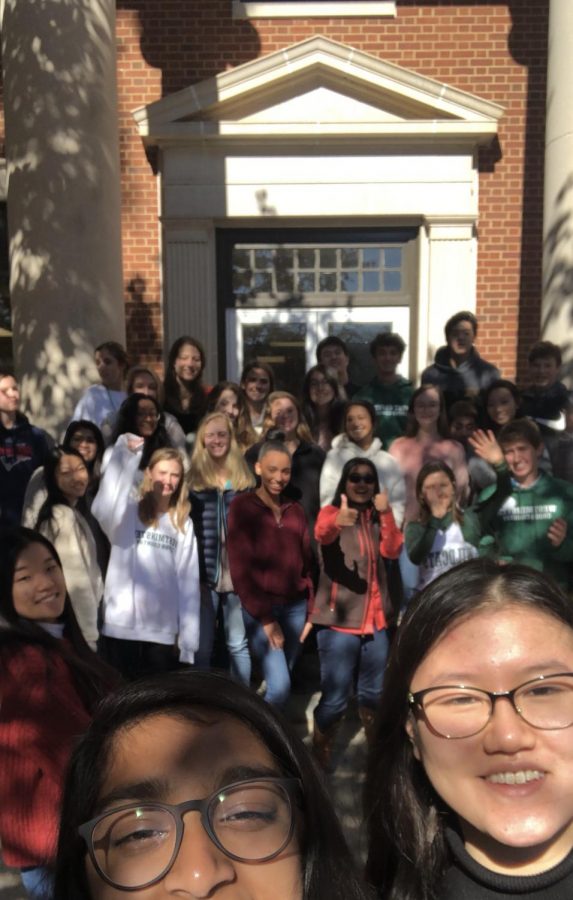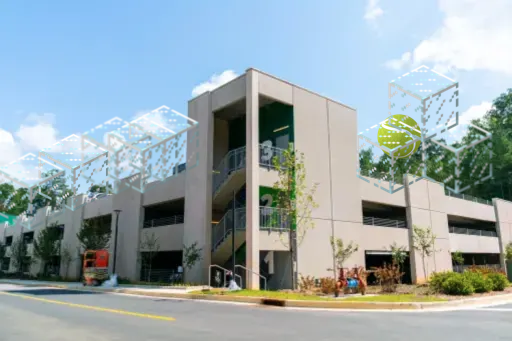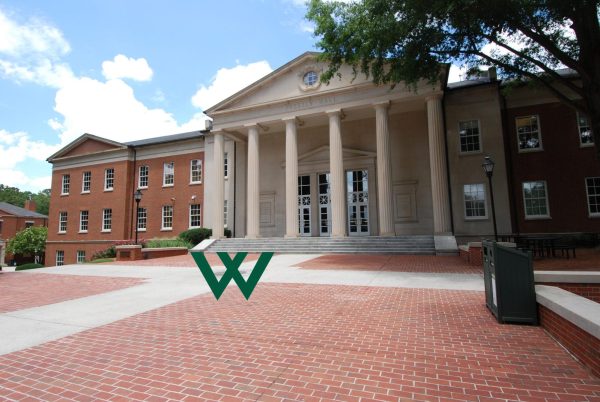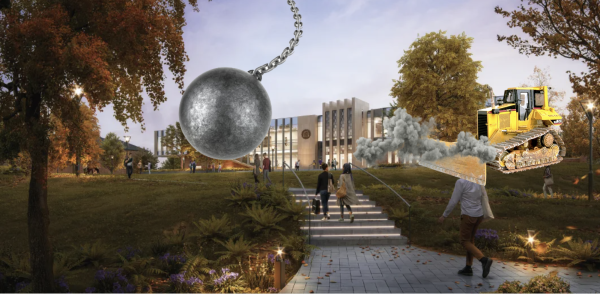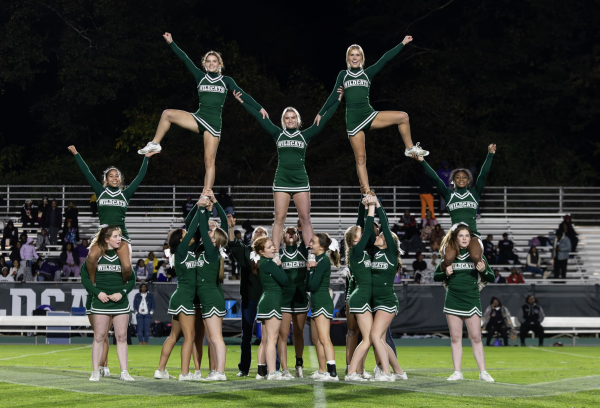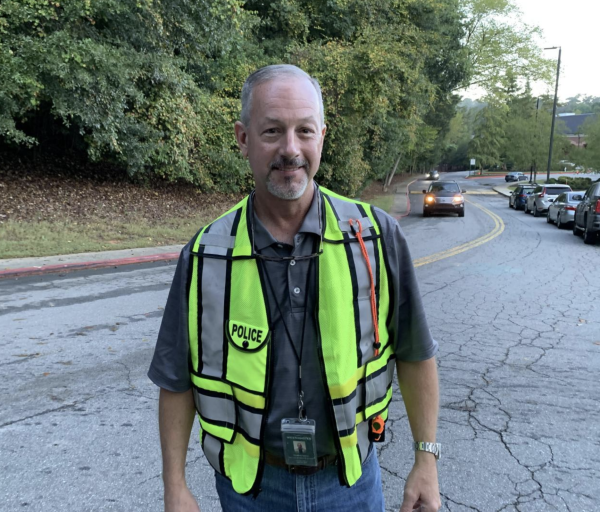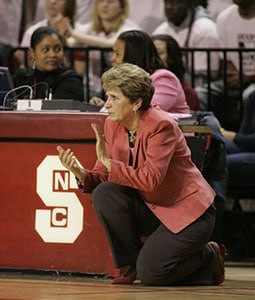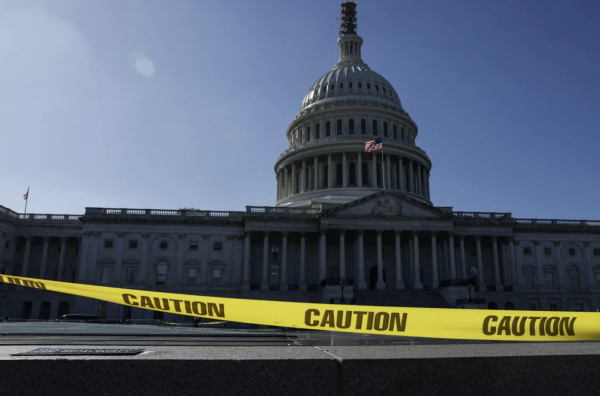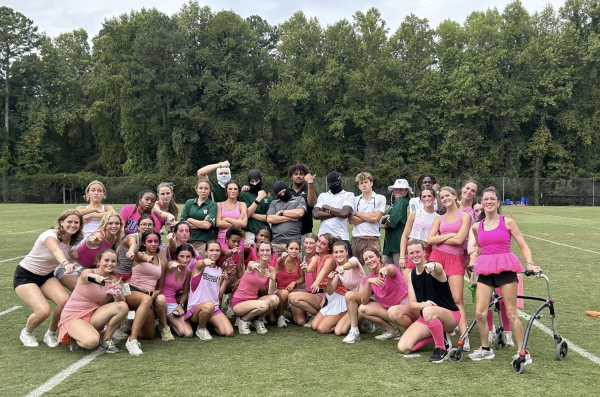Bi-Line to cease operations
Green racks around campus filled to the brim with untouched stacks of newspapers collecting dust. Art room floors covered with the supposed “Voice of Westminster.” Students gathered in groups snickering, pointing out their favorite typos from the recent Bi-Line issue. Unfortunately, these have become all-too-familiar sights around campus in recent years. The Bi-Line staff and faculty advisor have been saddened by the blatant disregard and unappreciation for the school newspaper. As such, the difficult decision was made to cease all Bi-Line operations indefinitely for the upcoming school year.
Since 1963, the student-run Bi-Line has served as the voice of the student and the source for Westminster’s news. During each month of the school year for the past 57 years, editors, writers, and photographers alike have collaborated and painstakingly crafted hundreds of issues of the Bi-Line for students and faculty to read and enjoy. However, not every student has appreciated the hard work of the Bi-Line staff.
“I’m not really one for newspapers. Why does the order of the pages have to be so confusing? Why can’t you guys just staple them together like a book? Also, every time I’ve been interviewed by one of your so-called ‘writers,’ they always figure out how to mess something up,” said junior Mathew Propp.
Students like Propp are not alone in their frustrations with the Bi-Line. Some have criticized the Bi-Line’s reporting methods in the past. Junior Anand Srinivasan, like Propp, expressed his misgivings with the staff.
“Sometimes I’ll be interviewed and then a few days later I pick up a copy of the newspaper and I find out that I haven’t even said what’s in the article,” said Srinivasan. “What’s even worse is that sometimes I get quoted without me even knowing!”
In addition, the Westminster administration has become increasingly concerned with the environmental impact of the Bi-Line.
“A few teachers have complained about distracted students throwing crumpled-up balls of paper at each other during class. Upon further inspection, these were discovered to be shredded pieces of the Bi-Line,” said an anonymous administrator. “We’ve seen it all. Shredded. Soaked with water. Defaced with pens. You name it. Faculty and staff spend hours each week cleaning up newspapers in their classrooms and have no choice but to throw away these masterpieces of investigative journalism.”
On a brighter note, alternative uses for unread Bi-Line copies have already been put forward by students and faculty. One Flik representative proposed using the copies as napkins in the lunchroom, citing the necessity for cleanliness during the recent outbreak of COVID-19. A member of the student body suggested that the Bi-Line should be used to dry hands in the cottage bathrooms, where paper towels are often hard to come by. Former news editor Colin Suddath even petitioned for the unused Bi-Lines to be distributed among the students, wishing to use the papers to line the inside of his hamster cage at home. Although the Bi-Line has the potential to be of use to the Westminster community once again in the future, some students, including former sports editor Lauren Kennedy, have demanded the Bi-Line to revert to its original purpose.
